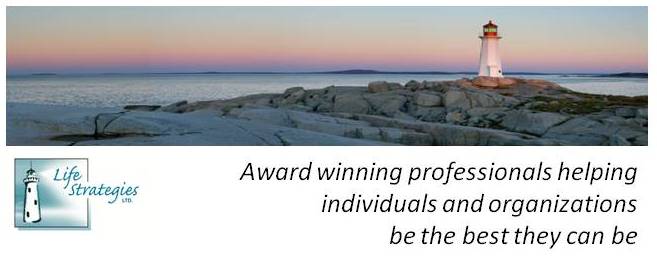
Something that's been on my mind this past week has been the notion of resilience. It is probably no surprise that this concept is rattling around in my head with headlines of job losses worldwide and close to home; with many giant industries falling like dominos.
Resilience is an important quality in times of difficulty; resilience draws on flexibility and creativity of an individual (and even a society); a capacity to sway in the winds of change, or even to re-invent oneself in some way.
There are many things to do to help foster resilience:
a) Make connections with others - families, friends, networking, communities...feeling part of something makes for feeling supported and less alone.
b) Try to not view a crisis as everlasting and insurmountable - things eventually change; in crisis can sometimes emerge new possibilities. The Serenity Prayer, for example, offers some helpful advice towards discerning the difference between that which one can control/change and that which one can't, and the ability to something about the former.
c) Set goals and sub-goals - this provides a focus and action; a sense of ability/accomplishment, no matter how small.
d) Reflection - During challenging times, one can learn alot about themselves. Sometimes it is through self-reflection, sometimes through tests/assessments, sometimes through talking with others. Keeping an open mind will help with creative problem solving, and improve resilience.
e) Self-care - Staying positive, do something you enjoy each day, eat well, exercise, try something new each day ... all of these are good ways to bolster resilience and get through challenging times...
This is a website from the Mayo Clinic that has some helpful information about resilience and health: http://www.mayoclinic.com/health/resilience/MH00078




